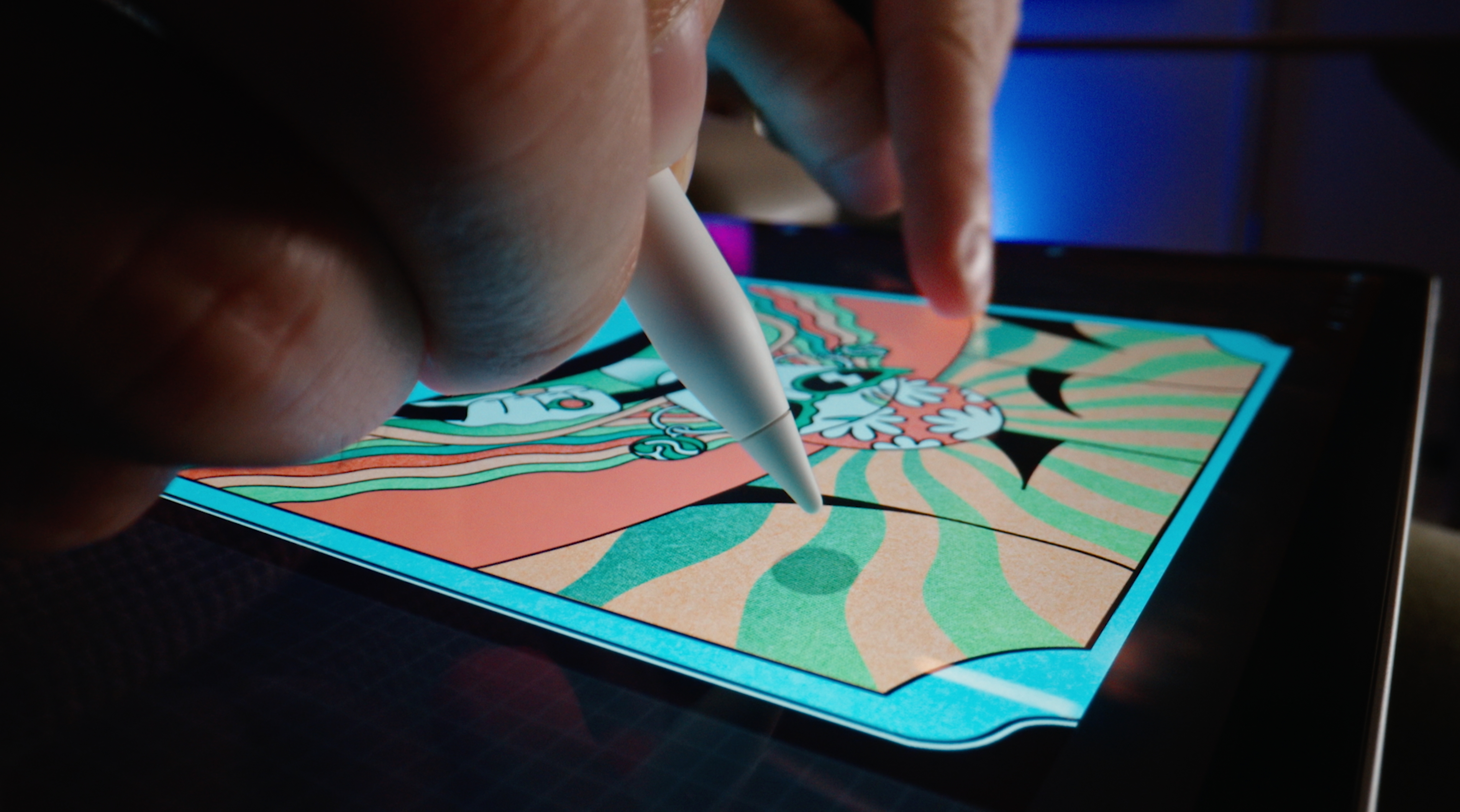Apple will be forced to bring all of its EU App Store changes to iPad — European Commission designates iPadOS under the Digital Markets Act
"The Commission's investigation found that Apple presents the features of a gatekeeper in relation to iPadOS"

iMore offers spot-on advice and guidance from our team of experts, with decades of Apple device experience to lean on. Learn more with iMore!
You are now subscribed
Your newsletter sign-up was successful
The European Commission has today announced that Apple's iPadOS operating system has been designated under the Digital Markets Act, a move that will likely force Apple to adopt all of its recent iPhone changes in the market on its tablet.
The EU says that Apple has six months "to ensure full compliance of iPadOS with the DMA obligations. It follows a market investigation into whether Apple's iPadOS operating system "constitutes an important gateway for business users to reach end users and therefore should be designated as a gatekeeper," despite the fact that Apple's iPadOS ecosystem does not meet the quantitative threshold laid out in the DMA.
The EC says it has found that "Apple's business user numbers exceeded the quantitative threshold elevenfold," and that "its end user numbers were close to the threshold and are predicted to rise in the near future."
The EC further states it found end users "are locked-in to iPadOS," claiming that "Apple leverages its large ecosystem to disincentivize end users from switching to other operating systems for tablets." Finally, Apple is accused of locking in business users to iPad "because of its large and commercially attractive user base, and its importance for certain use cases, such as gaming apps."
Big changes for iPadOS
The move means that Apple will likely have to adopt many of the changes it has made with iOS 17 and its best iPhones in the EU on its iPad lineup too. That could mean a move to alternative app marketplaces, as well as web distribution (sideloading), and new rules for music streaming apps, game emulators, and game streaming apps, too.
In a statement, an Apple spokesperson told iMore “We will continue to constructively engage with the European Commission to comply with the DMA, across all designated services. Our focus will remain on delivering the very best products and services to our European customers, while mitigating the new privacy and data security risks the DMA poses for our users.”
iPadOS and iOS share many of the same attributes and infrastructure, such that implementing many of the changes made to iPhone wouldn't be too much of a technical challenge.
iMore offers spot-on advice and guidance from our team of experts, with decades of Apple device experience to lean on. Learn more with iMore!
Challenges from the EU to Apple's business model will also likely see iPhones in the EU forced to open up Apple Pay to other payment wallets such as Google Pay. Apple continues to make significant changes to iOS 17 in the market, despite the fact that iOS 18 is only weeks away from an unveiling at WWDC 2024 on June 10.
More from iMore

Stephen Warwick has written about Apple for five years at iMore and previously elsewhere. He covers all of iMore's latest breaking news regarding all of Apple's products and services, both hardware and software. Stephen has interviewed industry experts in a range of fields including finance, litigation, security, and more. He also specializes in curating and reviewing audio hardware and has experience beyond journalism in sound engineering, production, and design.
Before becoming a writer Stephen studied Ancient History at University and also worked at Apple for more than two years. Stephen is also a host on the iMore show, a weekly podcast recorded live that discusses the latest in breaking Apple news, as well as featuring fun trivia about all things Apple. Follow him on Twitter @stephenwarwick9
